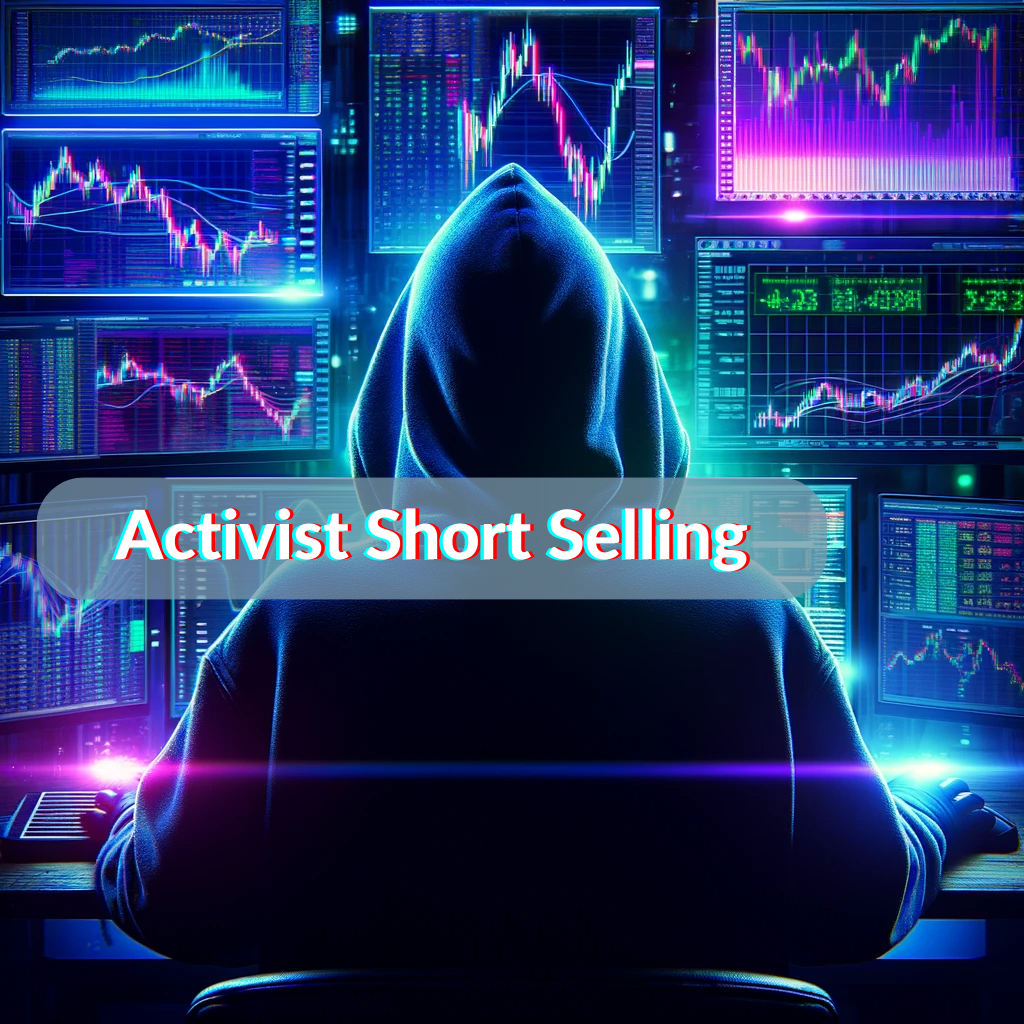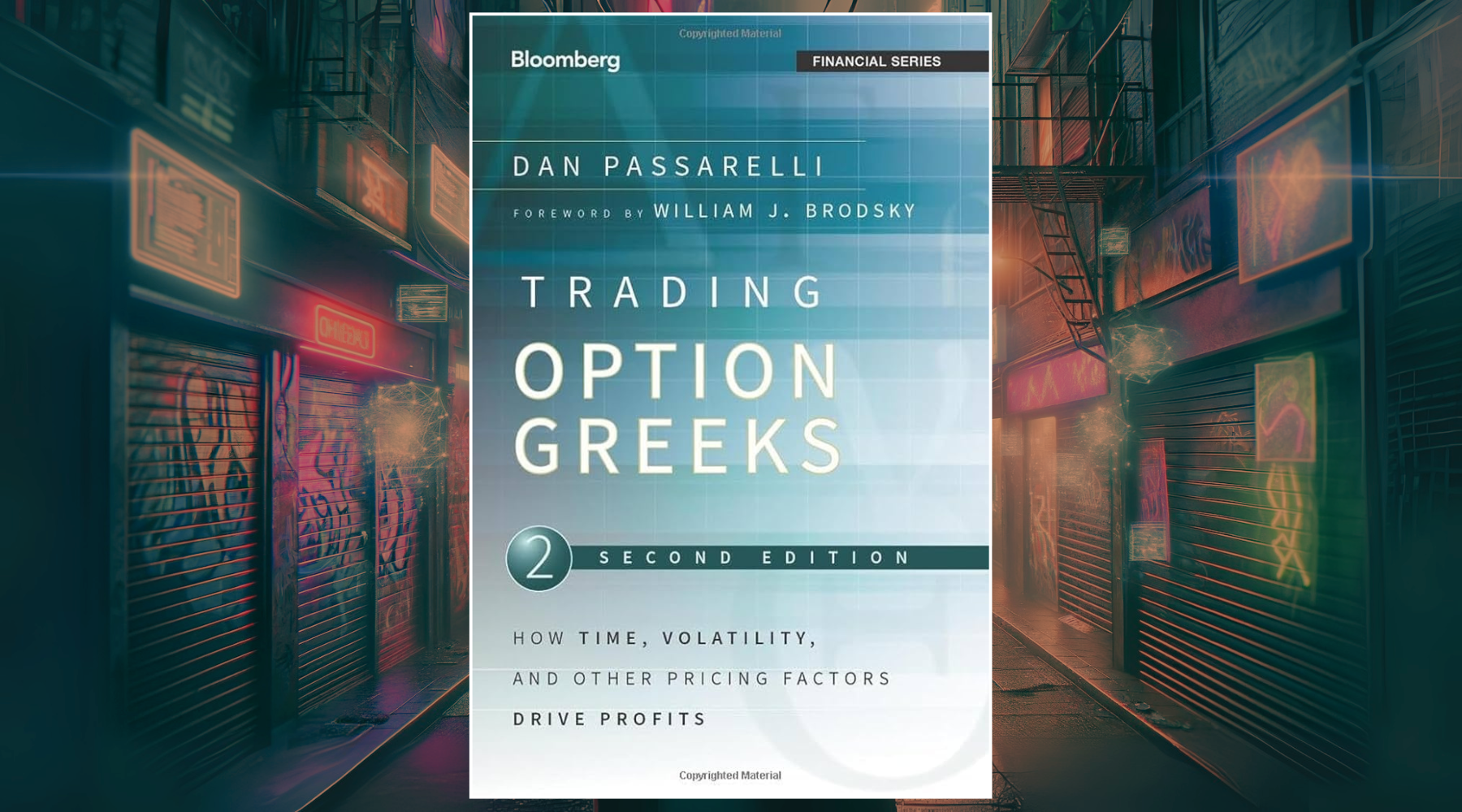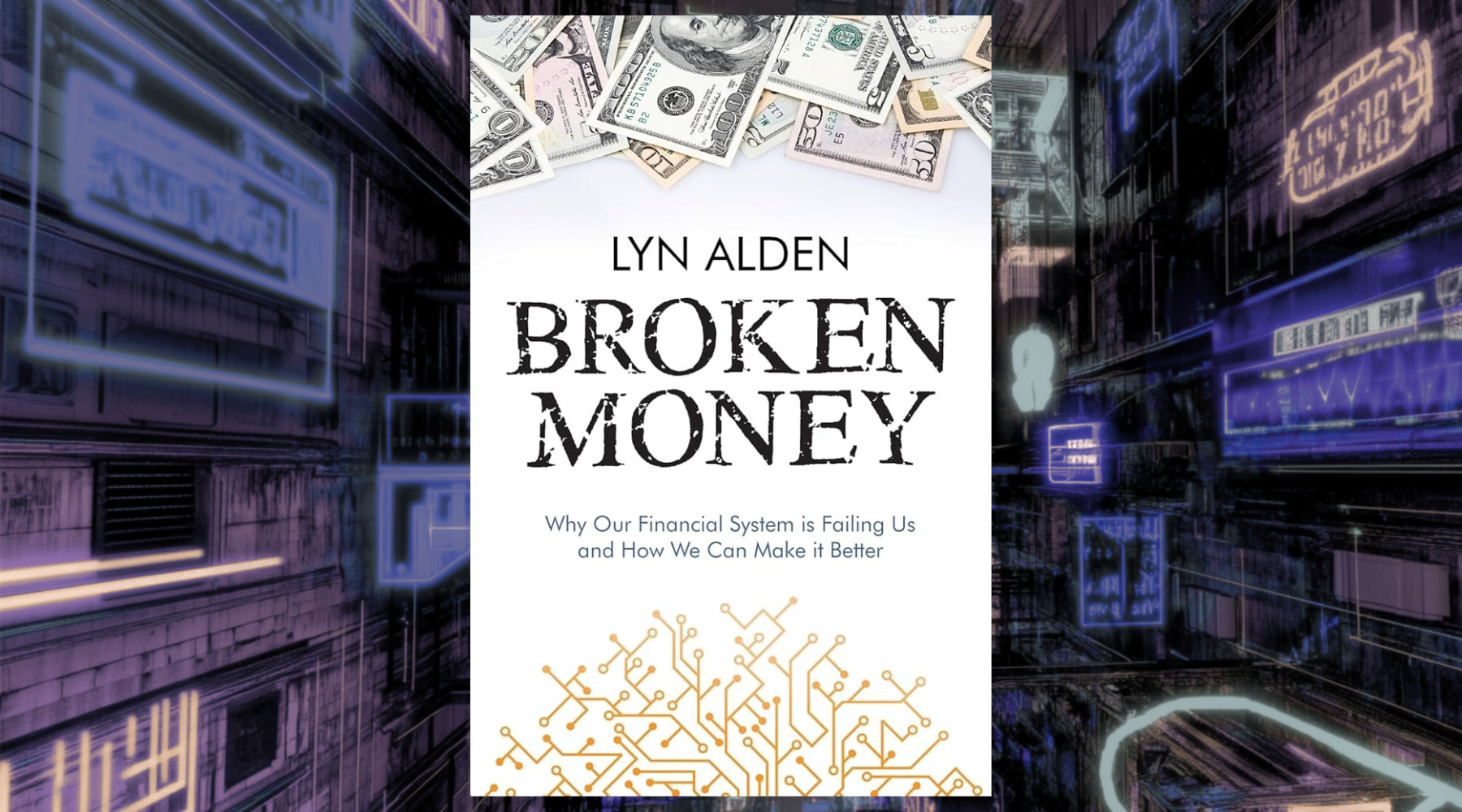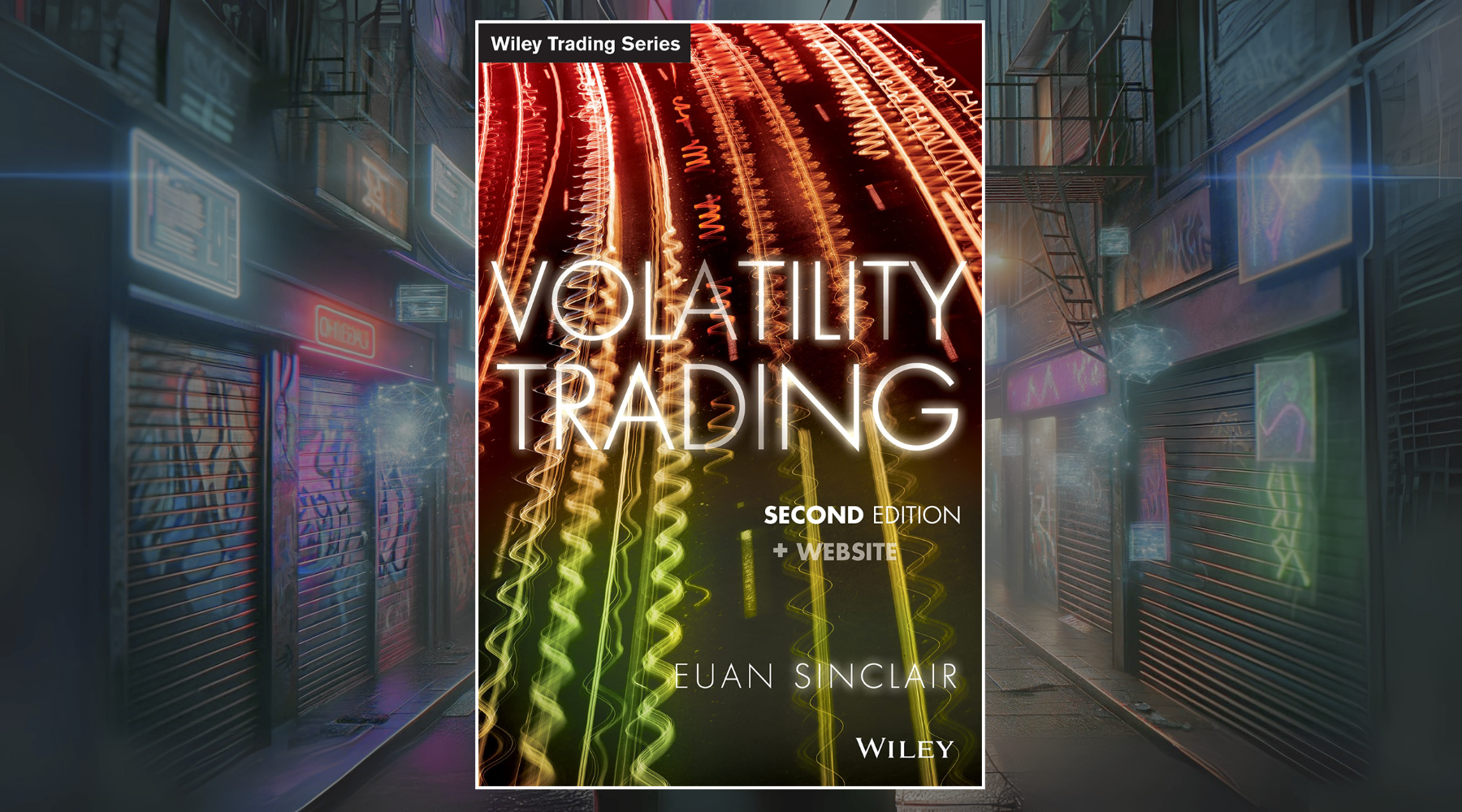What is Activist Short Selling?

Activist short selling is a strategy where investors identify companies they perceive as overvalued or fraudulent, and take a short position, betting on a decline in stock price. They publicize negative reports to influence market perception and drive down the stock price. This approach is more aggressive than traditional short selling, as it actively attempts to affect market dynamics.
While activist short sellers can reveal genuine cases of fraud or misconduct, there's criticism that these short sellers may primarily aim for profit, possibly using misleading reports. The ethics and regulation of such practices, especially rapid position covering post-allegations, remain debated. In essence, activist short selling is a proactive method to lower stock prices of targeted companies, marked by its contentious yet significant impact.
Check out this article to go far more in-depth about Activist Short Selling: Exposing Frauds, or Manipulating Markets?
How Does Activist Short Selling Differ from Traditional Short Selling?
Activist short sellers differ from traditional short sellers in their more aggressive and public approach. They actively try to decrease stock prices by releasing negative reports to sway market opinion, while traditional short sellers typically work quietly without public campaigns. Activist short sellers also tend to quickly cover short positions post-report, contrasting with traditional short sellers' longer-term holdings. This style of short selling is more controversial, sparking ethical debates about the morality of profiting from deliberate market influence.








